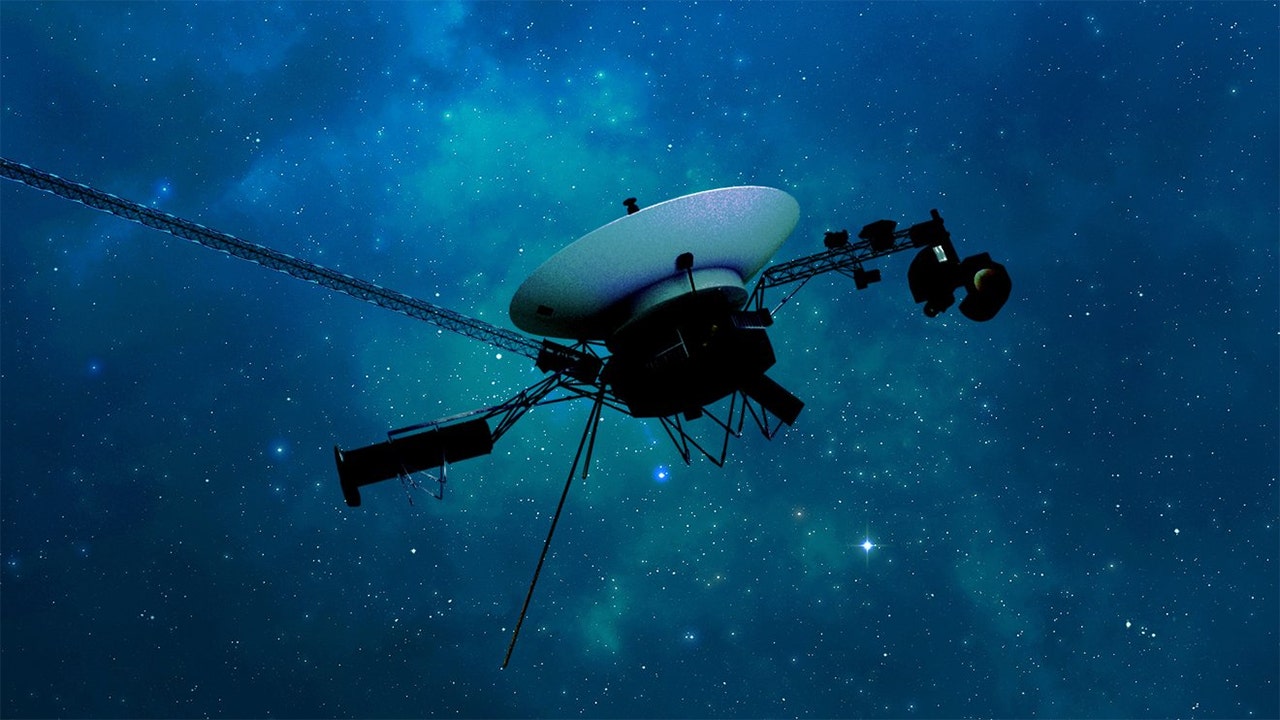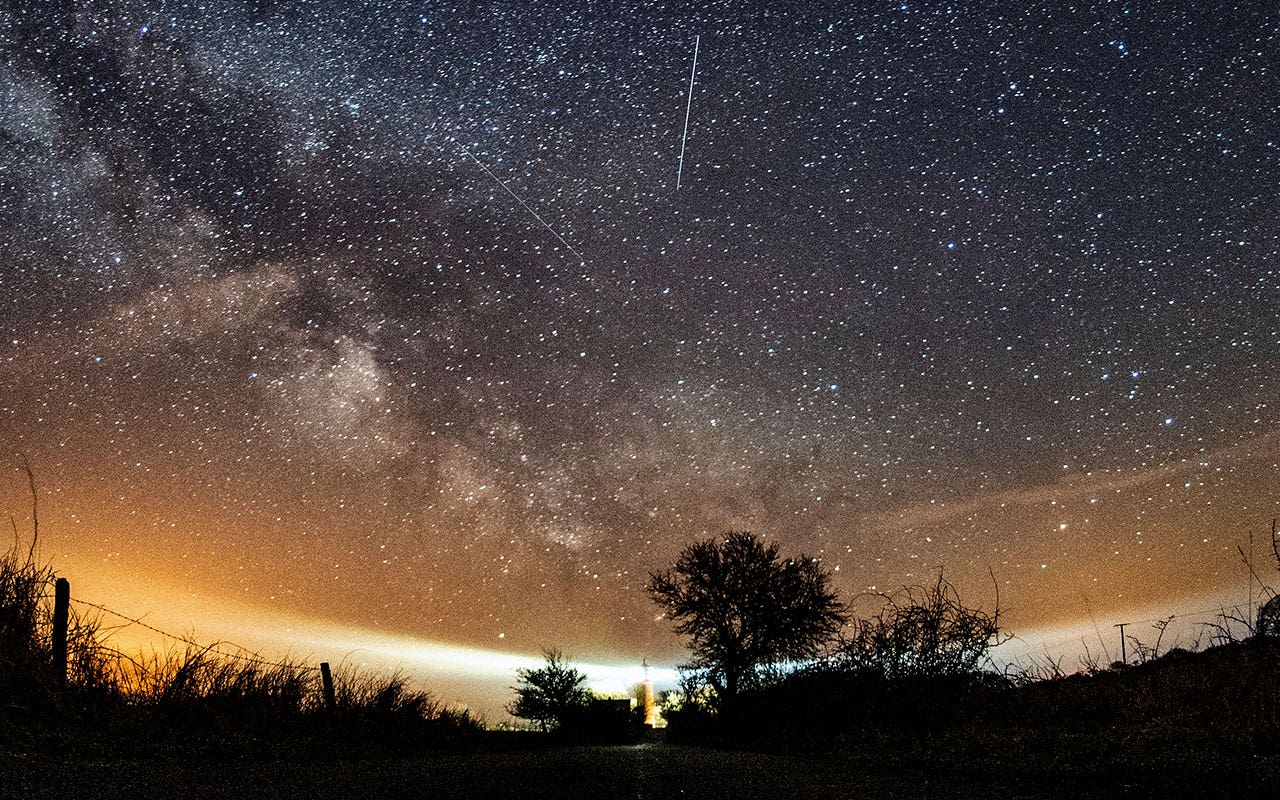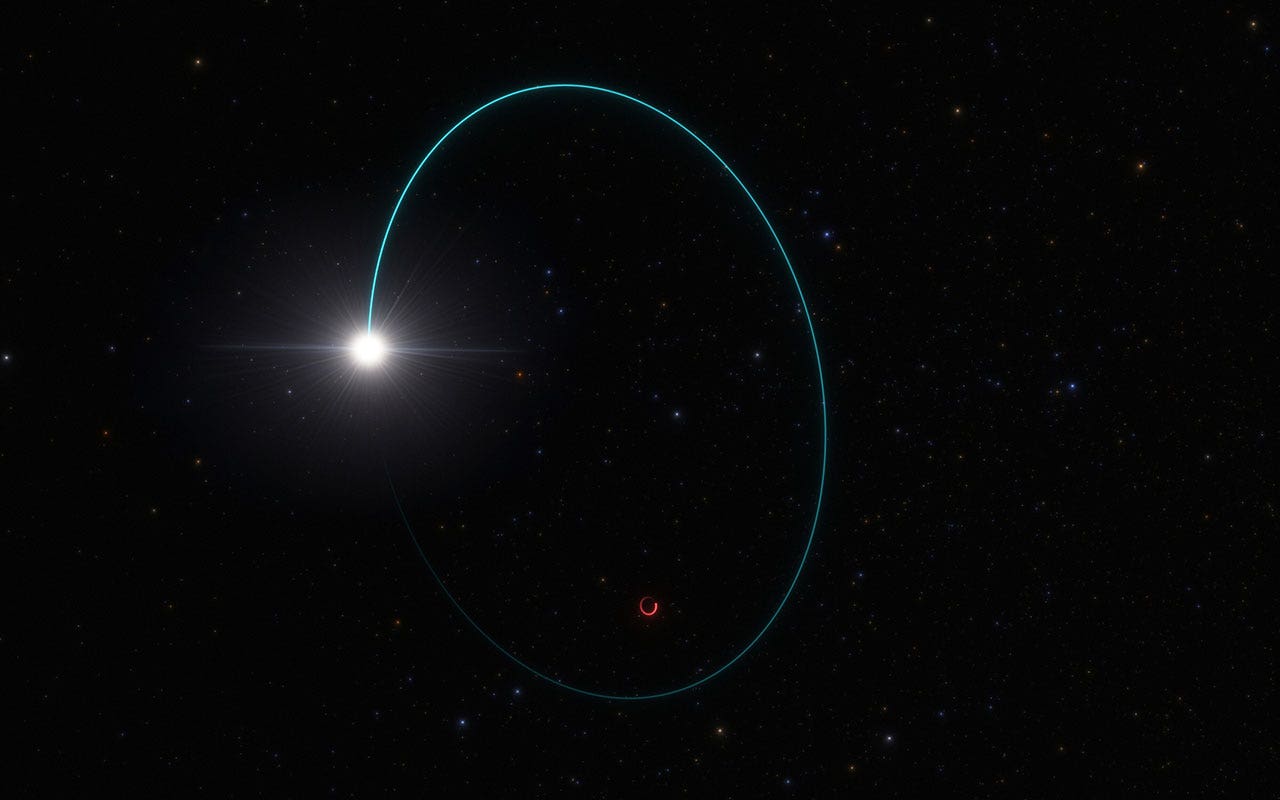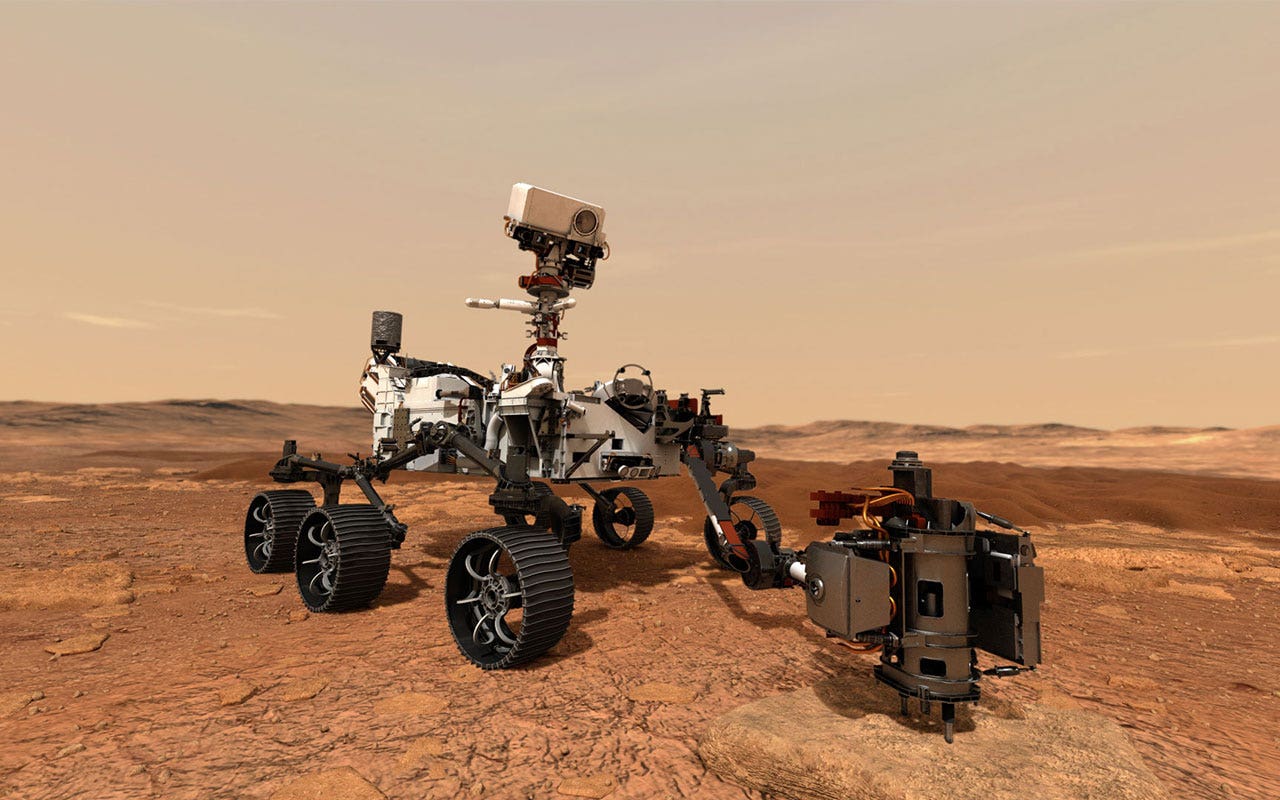Many animals can glow in the dark. Fireflies famously blink on summer evenings. But most animals that light up are found in the depths of the ocean. In a new study, scientists report that deep-sea corals that lived 540 million years ago may have been the first animals to glow, far earlier than previously thought. “Light signaling is one of …
Read More »science
NASA re-establishes communication with Voyager 1 interstellar spacecraft that went silent for months
NASA and Voyager 1 are communicating back and forth again, after the most distant human-made object in space stopped sending usable data back to the space agency nearly five months ago. NASA’s Jet Propulsion Laboratory said Voyager 1, which is more than 15 billion miles away from Earth, stopped sending readable data back to scientists on Nov. 14, 2023, though …
Read More »Massachusetts-based marine scientists attach camera to great white for intriguing 'shark's-eye view'
Cape Cod, Massachusetts-based marine scientists successfully attached a camera tag to a great white shark in waters off the southeastern portion of the U.S. for just the second time. Atlantic White Shark Conservancy (AWSC) scientist Megan Winton and charter boat Capt. Chip Michalove of Outcast Sportfishing were both working off the coast of South Carolina, when they caught a 9-foot …
Read More »US implements new color-coded system to warn Americans about heat danger
Forget about red hot. A new color-coded heat warning system relies on magenta to alert Americans to the most dangerous conditions they may see this summer. The National Weather Service and the Centers for Disease Control and Prevention on Monday — Earth Day — presented a new online heat risk system that combines meteorological and medical risk factors with a …
Read More »Is the East Coast on the brink of a major earthquake — and are we prepared?
The earthquake that struck the East Coast earlier this month was felt by an estimated 42 million people and luckily caused little damage, but what are the chances of a bigger, more powerful quake striking the area? And if it does, what could it look like — and are we prepared? The April 5 phenomenon was a 4.8 magnitude earthquake …
Read More »Lyrid meteor shower peaks this weekend: How to catch a glimpse of the celestial event
The Lyrid meteor shower is underway. But with a nearly full moon in the sky during the peak, it might be tough to see clearly. The Lyrids occur every year in mid-to-late April. This year’s peak activity happens Sunday into Monday, with 10 to 20 meteors expected per hour. Viewing lasts through April 29. MYSTERIOUS FIREBALLS SEEN STREAKING ACROSS CALIFORNIA …
Read More »Earth Day was founded over 50 years ago, putting a heightened focus on the environment ever since
Millions of people around the world will pause on Monday, at least for a moment, to mark Earth Day. It’s an annual event founded by people who hoped to stir activism to clean up and preserve a planet that is now home to some 8 billion humans and assorted trillions of other organisms. Here are answers to some common questions …
Read More »'Peculiar' black hole discovered in Milky Way, scientists say
Astronomers have discovered a black hole with a mass about 33 times greater than that of our sun, the biggest one known in the Milky Way aside from the supermassive black hole lurking at the center of our galaxy. The newly identified black hole is located about 2,000 light-years from Earth – relatively close in cosmic terms – in the …
Read More »NASA's plan to bring Mars samples to Earth undergoes revision due to budget cuts
NASA’s plan to bring samples from Mars back to Earth is on hold until there’s a faster, cheaper way, space agency officials said Monday. Retrieving Mars soil and rocks has been on NASA’s to-do list for decades, but the date kept moving forward, as costs ballooned. A recent independent review put the total cost at $8 billion to $11 billion, …
Read More »Your favorite coffee may be more than half a million years old
That coffee you slurped this morning? It’s 600,000 years old. Using genes from coffee plants around the world, researchers built a family tree for the world’s most popular type of coffee, known to scientists as Coffea arabica and to coffee lovers simply as “arabica.” The researchers, hoping to learn more about the plants to better protect them from pests and …
Read More »









